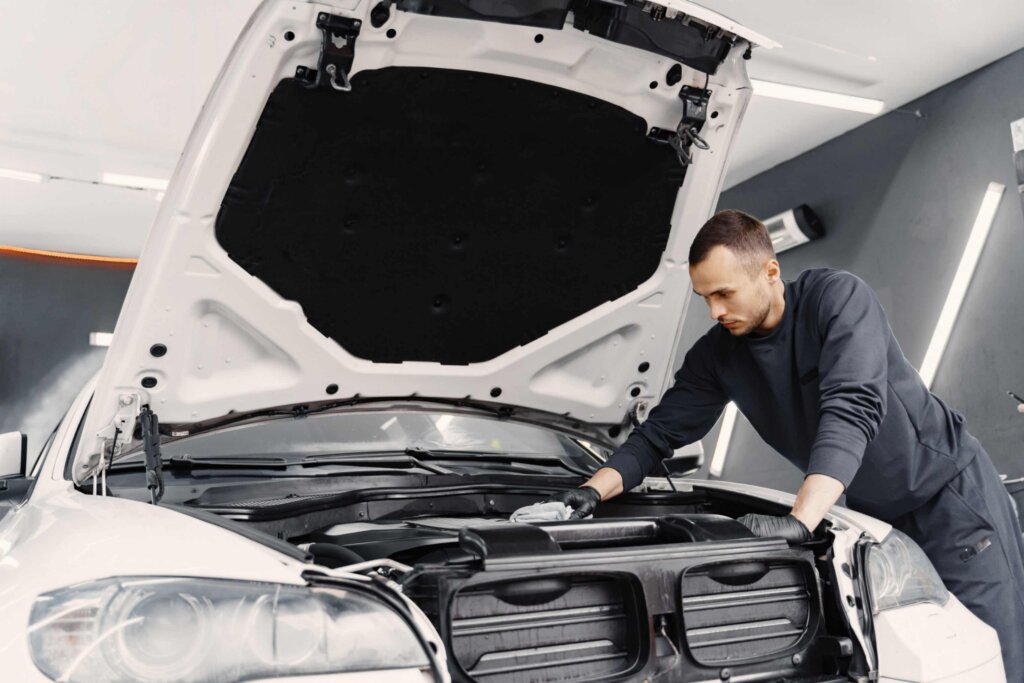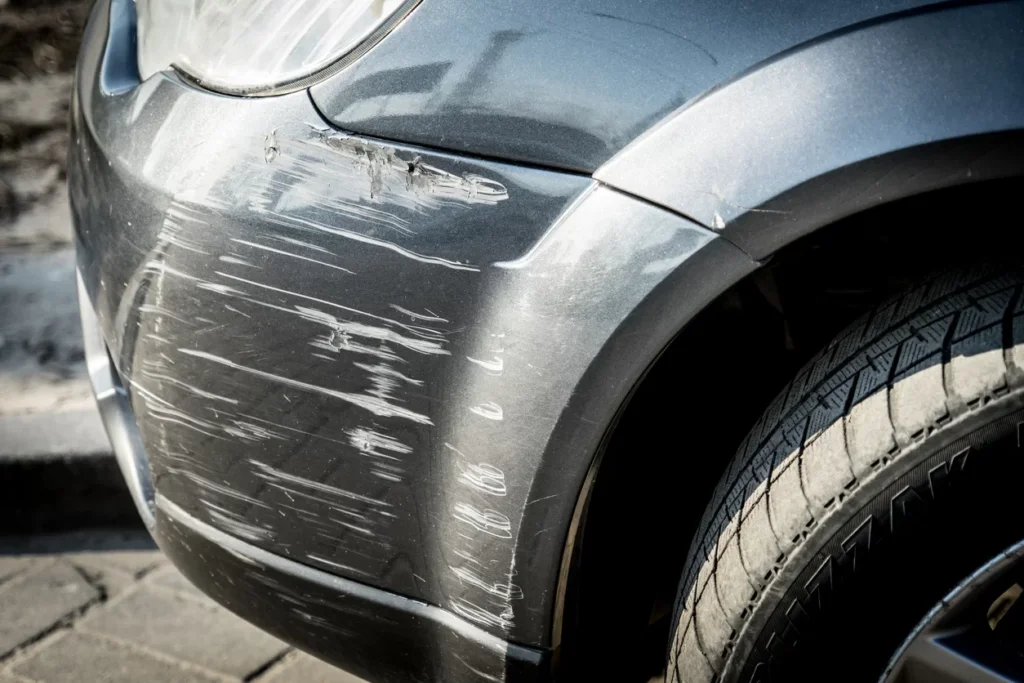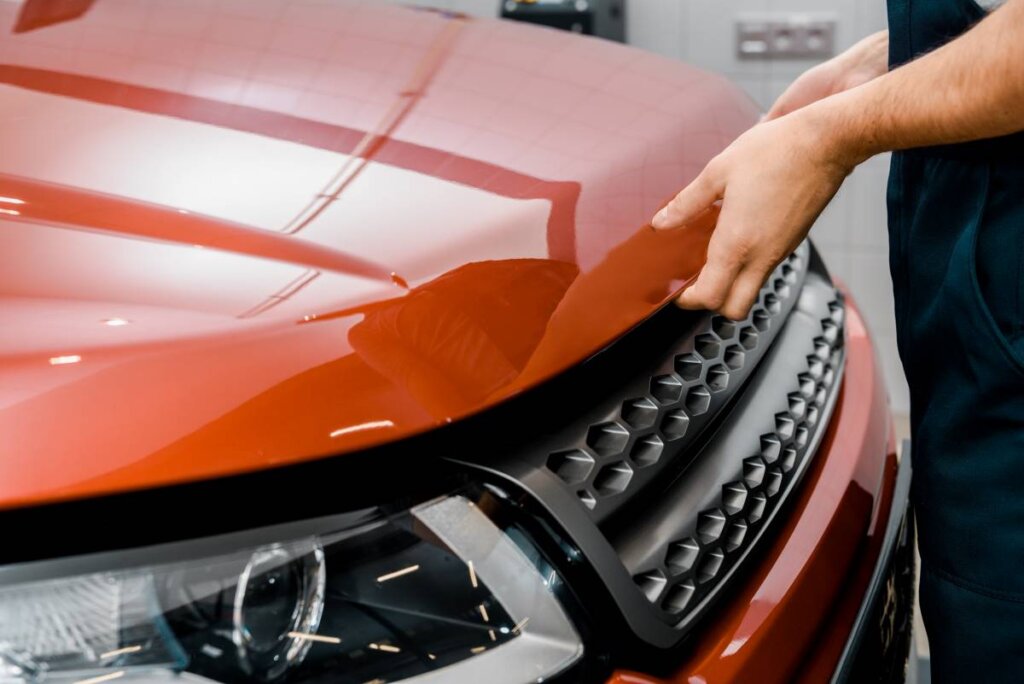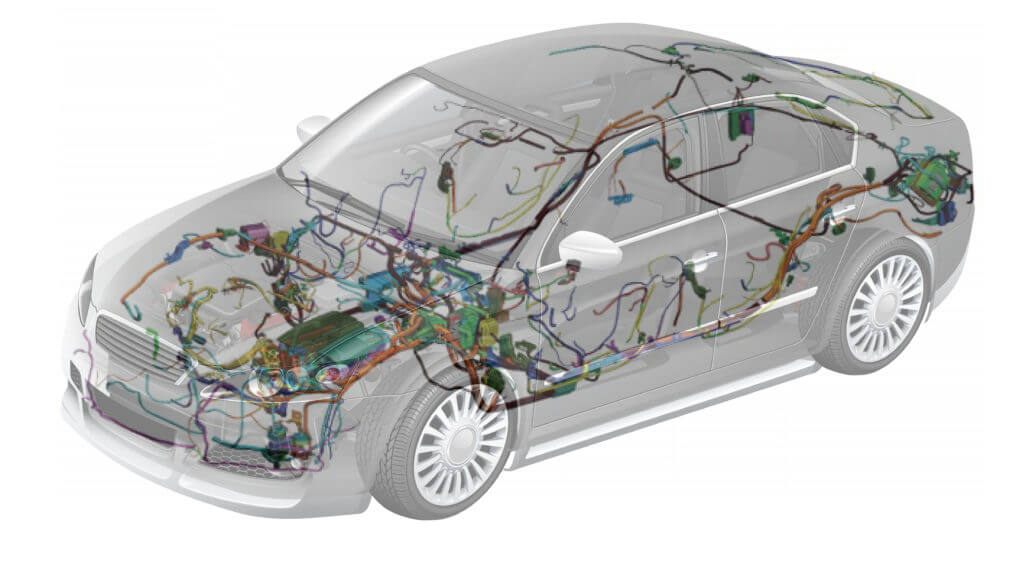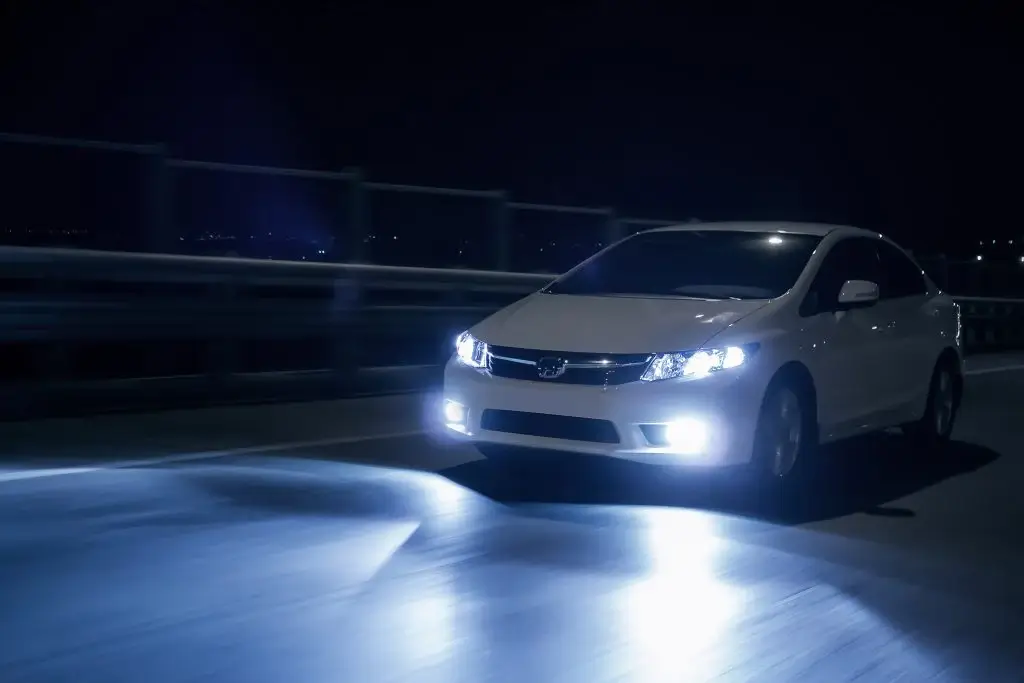A car’s brake lights and taillights should always be in good condition. It indicates your presence in heavy rains or foggy seasons. While driving, brake lights are always visible to the cars behind you. Your tail lights signal your actions to other drivers on the road, and the likelihood of an accident can rise if they’re not working properly. As a result, it serves as a safety feature. However, there can be days when your tail lights wont turn off.
In the following blog, we will understand the possible reasons for trailer lights staying on all the time.
What Are the Causes of tail light staying oN when car is oFF?
Here are the most common causes of rear lights staying ON when the car is OFF.
Malfunction Brake Light Switch or Sensor
The most obvious cause of your brake lights not working is a faulty sensor. Your tail lights wont turn off when the brake system’s switch is malfunctioning. When the pedal is up or down, the brake lights receive signals from the switches and sensors in the braking system. If one or both of these is broken, the lights are getting the wrong signal.
Wiring Harness Problems
Another because of your tail lights remaining on after you turn off the engine is a faulty wiring harness. This can happen very easily due to faulty wiring. The electrical system can malfunction and have an impact on a number of parts, including the brake lights. These flaws may result in the lights remaining on, failing to illuminate, or functioning erratically. This could be the most challenging problem to solve.
Wrong Light Bulbs Installation
There are two distinct light bulbs available, each with one or two circuits. The circuit may be shorted if a single circuit light bulb is used in a socket designed for two circuits, in which case the brake lights will turn on.
Stuck Brake Pedal
Another potential cause of brake lights remaining ON is a jammed brake pedal. If the brake pedal is not correctly closing the switch, the brake lights won’t turn off.
Until the connection between the switch and the pedal is operational, the lights are ON. If there is debris or rust between the switch and the pedal, it could also hamper the operation of the brake pedal. The brake pedal should be properly adjusted. The lights won’t turn on if you can’t get the brake pedal to rise from the floor.
Car Brake Lights Won’t Turn OFF: Fixing the Problem

As you are now aware of the most potential problems of brake light won’t going off. The next question that arises is how to fix it. The problem of tail lights wont turn off can be easily resolved. Here are the most typical procedures for solving the issue of the backlights of a car not turning off.
Fuse Replacement
Vehicles contain a lot of exposed wires and fuses and lose their insulation due to excessive heating, which results in excessive power loss in taillights. So, identify your car’s fuse box and check sure all the fuses are still in working order. To access the fuse box, you might need to remove some inside trim, depending on the make and model of your car.
New Break Light Switch
The two-way brake light switch is located close to the brake pedal, and it completes the electrical circuit for the brake light in your car. However, it should be replaced if it is found to be broken. Before removing the brake light switch, ensure that the pigtail harness is unplugged. The brake switch from the linkage to the brake pedal must also be removed. After replacing the trailer light, connect the negative terminal of the battery.
Disconnect the Battery Temporarily
Your battery will begin to discharge if the brake light on your car becomes stuck or is not functional. When you run into this problem, you can temporarily remedy it by disconnecting your battery while your car is off. It will resolve the issue of the backlights of the car not turning off. It also conserves battery life.
Check the Break Pedal
Another reason why the brake lights won’t go off is a locked brake pedal or a switch that is not closed. It can be the result of a faulty rubber stopper or corrosion or debris accumulating between the brake switch and pedal. Occasionally, a misaligned brake pedal or switch will cause the brake light to become stuck. To get the connection working, it is advisable to adjust the brake switch.
Parking Brake
It could be the least possible reason as someone may forget to disengage the parking brake. When you release the parking brake, the brake light will turn off instantly.
Brake Fluid Level
If your car has a low level of brake fluid, then it will affect the brake pedals. Ultimately affecting the brake light. So, it is necessary to maintain adequate quantities of brake fluid to prevent malfunctioning brake lights.
Malfunction Engine Control Module
In the modern vehicle, the engine control module connects the car’s rear lights and the wiring harness. The ECM triggers the active signal whenever the driver attempts to slow the vehicle or take a left or right turn. So, when the tail lights don’t turn off, the engine control unit is probably not responding correctly.
Knowing the potential causes of your brake light sticking on will make it simpler to identify the issue and take the appropriate corrective action. Repairing won’t fix the problem permanently, so cheap tail lights replacement is an alternative option. You can buy the specific product for your car make and model and replace it.
If you want to know more about autoparts, then checkout Used Car Parts.
FAQs
If your car’s headlights and tail lights wont turn off, then it will definitely drain the battery. So, to conserve the battery charge, it is necessary to turn off the rear and front automotive lights.
Depending on the make and model of the car, a replacement brake light switch typically ranges in price from $40 to $90. If you replace or repair it at an auto body shop, the labor charge may vary from $50 to $80.
To check the backlight, find your car’s fuse box and use a test light or a multimeter to look at the fuse. Another way is to inspect the brake pedal.
You should always disconnect the battery before working on your car’s electrical system. By doing this, you can avoid electric shock or accidental property damage while working.


